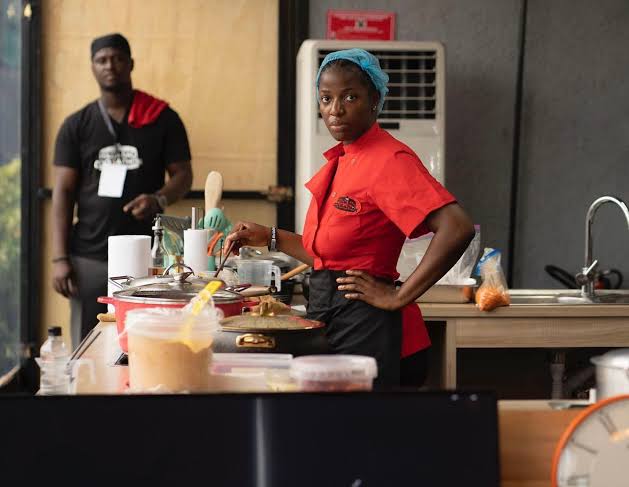
African trade experts have identified difficult border checks, harassment, solicitation from security officials, kickbacks from traders and bad roads as barriers hindering the maximisation of opportunities in Intra-Africa trade.
This was disclosed in the latest edition of Pathway Africa magazine obtained by our correspondent from the Ministry of Aviation.
The Secretary-General, African Federation of Women Entrepreneurs, Lucia Quachey, was quoted as saying, “Only a few hundred kilometres separate Lagos, Nigeria, from Accra in Ghana but for the thousands of traders who ply this route, the journey through these routes can take a full day. Customs officials and police at roadblocks will make you unload and unpack every little package in order to delay you for hours.”
She further advocated the dismantling of various tariffs and non-tariff barriers and the building of infrastructure to boost trade.
AfCFTA project aims to ease conditions for commerce between Africa’s 55 nations, eliminating barriers and increasing trade, which is projected to have an enormous impact on the continent, its 1.3 billion citizens and an estimated $3.4tn GDP.
Similarly, the Secretary-General, Abuja Memorandum of Understanding, Sunday Umoren, called for active collaboration of private sectors and development partners.
He emphasised the need to engage carriers and vessel owners in delivering on AFCFTA.
“Shipping is the bedrock of globalisation it helps in ensuring that the benefit of trade and commerce are more evenly spread across countries
“All African industrial policymakers should be bold in developing and implementing an extensive range of reforms and trade facilitation measures needed to achieve the substantial rewards and dividends that the agreement offers,” he said.
Umoren urged that nothing should stop the region from having a ship-owning capacity to eliminate the burden and impact of the high freight rate of foreign ships.
Meanwhile, a financial expert, Jonathan Aremu, has noted that essential domestication of laws and policies is being ironed out, adding the final details will be rectified through assent by the national assembly and relevant ministries.
Speaking in a telephone interview with Saturday PUNCH, the Professor of Economics at Covenant University said, “Economic integration means countries coming together to discuss the type of trade and what we will be doing in common but what is delaying the process is that some essential documentation has to be done. The policies have to be implemented in domestic laws and will be sent to the National Assembly for assent. After this, the signed policies will be sent to different ministries that will participate because you need one approval or the other from these ministries and the relevant laws in those ministries have to be adjusted to accommodate what we have rectified. While the process is ongoing, nobody can say anything but a lot is ongoing on.
“There is pressure on countries involved because they want it to work, a lot of traders want to participate as well but things must be put in place else if there is a mistake, the culprit will be severely punished.”





